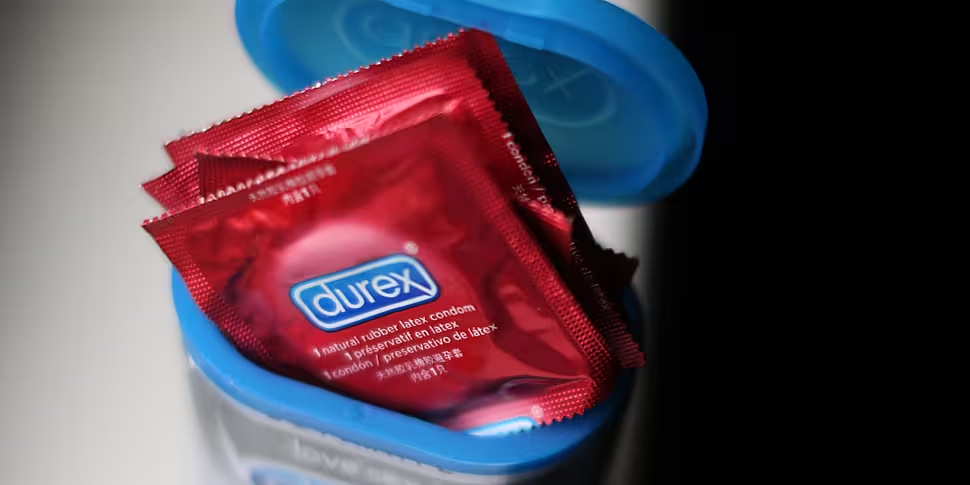There was a significant increase young women contracting STIs in Ireland last year, according to new figures.
The number of STIs reported in Ireland last year surged by nearly one-third (31%) on 2022, according to the Health Protection Surveillance Centre published its annual report.
On Newstalk Breakfast, sexual health consultant Dr Aisling Loy said she was not surprised by the figures.
“We see them live on a weekly basis,” she said.
“The HPSC does a weekly report, so whenever we get the final year report in March the following year, we kind of know what’s coming.
“It’s like when we got the COVID figures on a daily basis - we understand what’s going to be coming out in the report.
“So, it’s not surprising and we definitely feel the increase in the clinics.”
Fertility issues
Dr Loy said the majority of people testing positive for STIs are men - with particularly high prevalence among the GBMSM (gay, bisexual and men who have sex with men) community.
Increasingly, however, more and more young women are being diagnosed with infections.
“The biggest rise we see are in young women - so, the 15 to 24 age group of young women,” Dr Loy said.
“In particular, gonorrhoea is up about 150% in that group.”
Dr Loy said this is particularly concerning as an STI can leave a woman with long-term health conditions if left untreated.
“It can give them infertility issues later on - pelvic inflammatory disease, chronic pelvic pain,” she said.
“So, when we see something like that happen inexplicably, we get a bit worried.”
Cause of the problem
Dr Loy said she suspects the rise in STIs is down to a lack of condom use - something she said is being fuelled by the poor example set by pornography.
“People are getting their sex education from pornography - which seems to be what is happening now with young people having 24/7 access to pornography in their pockets on their phones,” she said.
“That’s where they’re learning what sex is and, generally speaking, in pornography, condoms are not used.
“So, that becomes normal for young people.”
Education
Dr Loy urged parents to talk to their children about their sexual health and not to adopt a “head in the sand” attitude to the issue.
She also said sex education in the education system has an essential role in informing teenagers about sexual health.
“I think for the young people, the best way to ensure that they will get the education is with the curriculum in school - the SPHE curriculum - addressing it,” she said.
“Nowadays, it’s hard with media and things like that because the way they consume things is TikTok and Instagram and it’s very much a sort of ‘swipe onto the next thing’.
“So, to capture people’s attention, you need to be innovative but I think you also need to have it embedded in the curriculum from an appropriate age.”
For those who need an STI test, the HSE offers free at home testing kits that can be ordered online.
Main image: Condoms.









